Home Health Aide Do’s and Don’ts: Transform Lives with Passion
Home health aides are critical important to providing loving and quality care for patients. If you’re a manager or owner of a home health agency, consider sharing this guide with your HHAs for improved patient service. Additionally, we’ll also tackle the question “what are home health aides not permitted to do” in this post, to guarantee they operate within the given regulatory framework while working with patients.
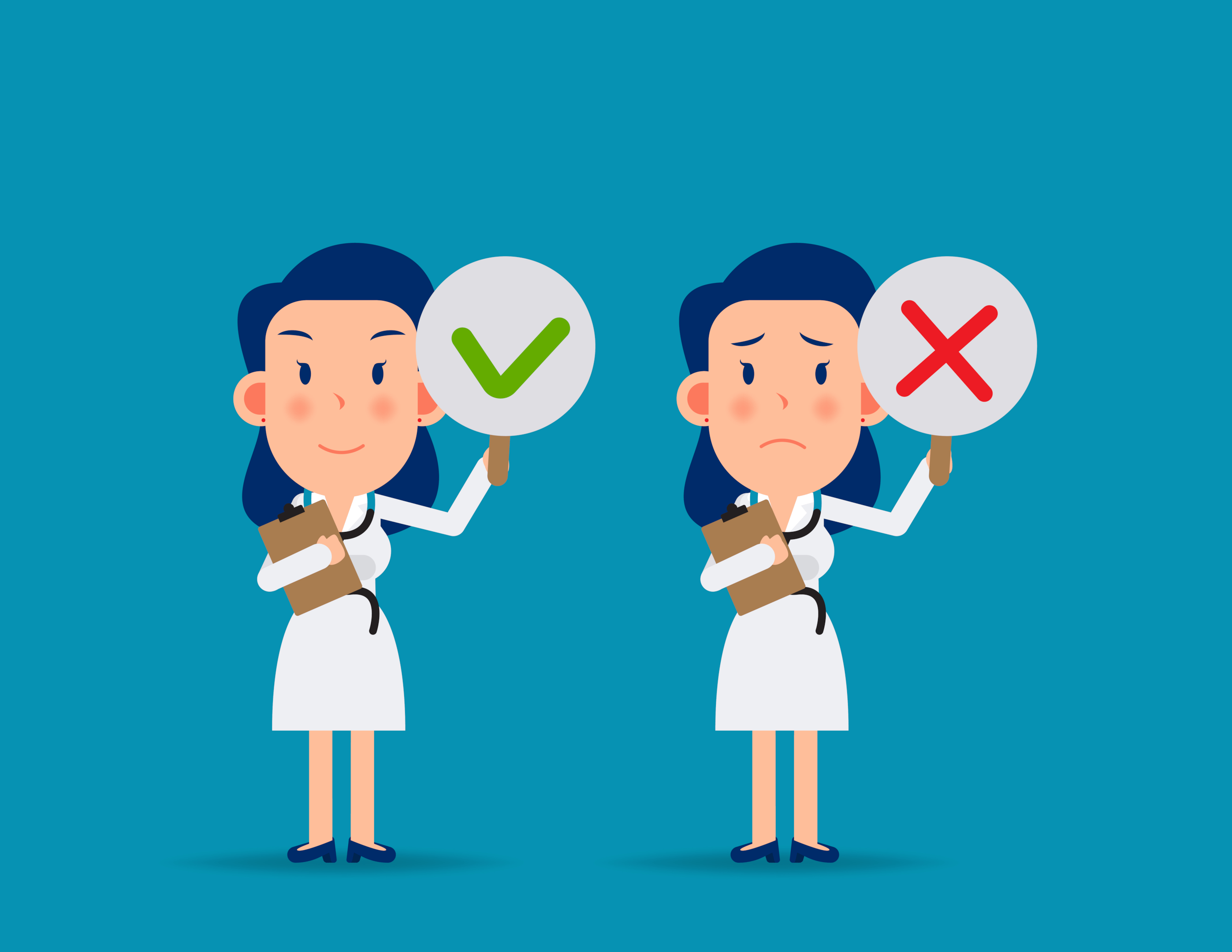
Why Home Health Aide Do’s and Don’ts?
When working as a home health aide, or a personal care aide, it’s essential to ensure you’re adhering to the highest standards of professionalism and safety. This means being mindful of confidentiality, staying organized, and understanding your role in the client’s house.
By following these simple do’s and don’ts, any home health aide can help bring comfort and happiness into someone else’s life while still maintaining professional boundaries.
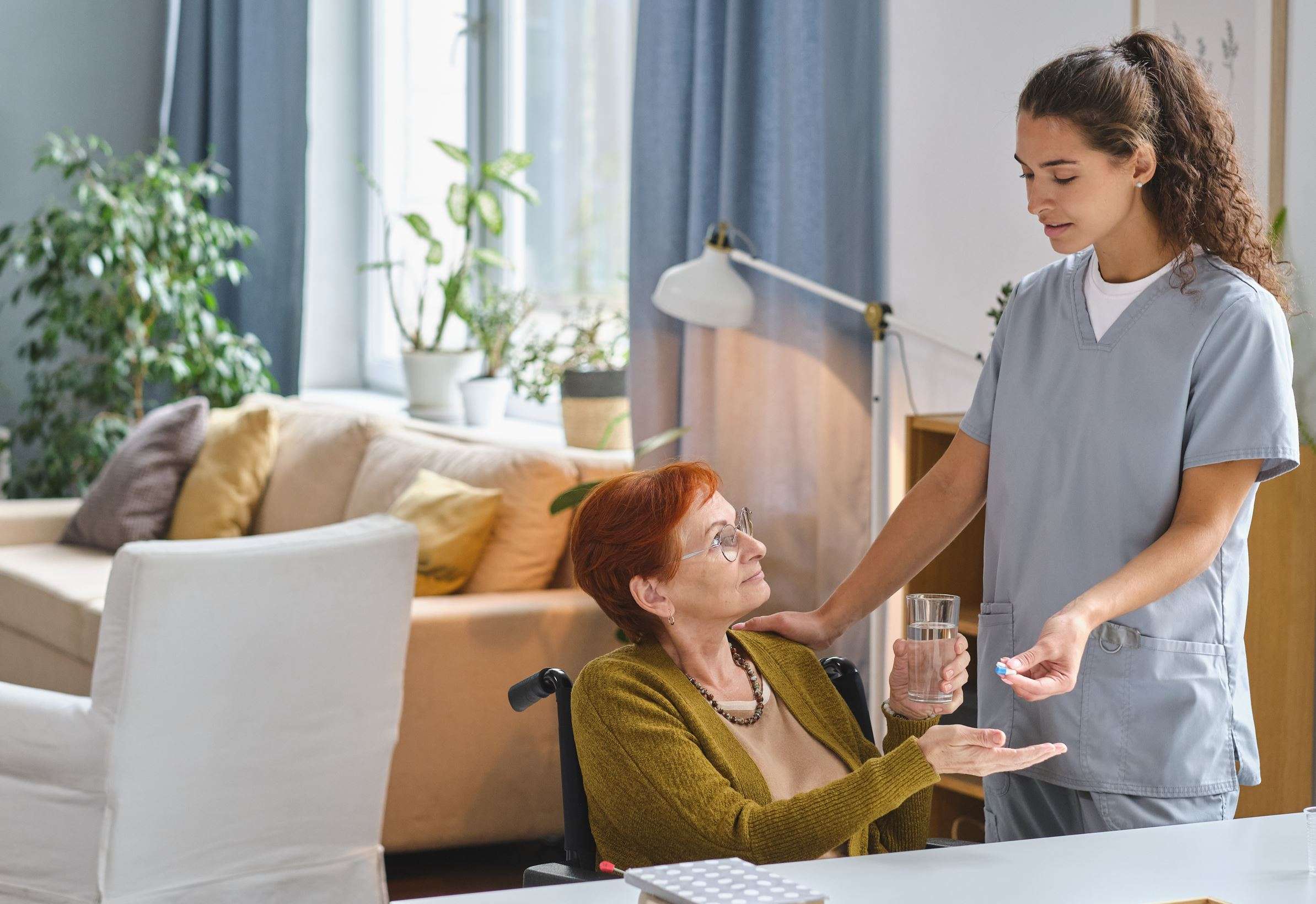
What are Home Health Aides Not Allowed to Do?
When it comes to home health care, understanding the limitations of a Home Health Aide (HHA) is just as important as knowing the key Do’s and Don’ts. While HHAs provide invaluable services, there are specific tasks they need to be qualified to perform. Let’s start there.
Medical Restrictions
HHAs are not medical professionals, and their scope of work reflects this. Below are some medical tasks that HHAs are not allowed to perform:
| Task | Description |
|---|---|
| Administer Medication | HHAs cannot administer any form of medication. |
| Give Medical Advice | They are not qualified to provide medical advice. |
| Perform Medical Procedures | HHAs are not allowed to perform any medical procedures. |
| Medical Assessments | They cannot perform assessments to ascertain a patient’s overall well-being. |
| Nursing Care | HHAs are not a replacement for nursing staff. |
| Provide Medical Assistance | They cannot perform light medical procedures like tube feeding, injections, etc. |
Medication Management
Managing medication is a sensitive task that requires specialized knowledge. Here are some limitations HHAs have in this area:
- Combine Medications: Combining different medications to make a single dose is strictly prohibited.
- Suggest or Change Medication: They are not allowed to suggest any medication or change any prescribed medication.
- Fill Reminder Boxes: Filling up reminder boxes with prescribed doses of medications is outside their purview.
Other Restrictions
HHAs are not all-purpose caregivers. Here are some other tasks they are not allowed to perform:
- Household Duties: While they may assist with light housekeeping related to the patient, they are not a replacement for a house helper.
- Physical Therapy: HHAs are not qualified to perform physical therapy on individuals.
Supervision and Certification
HHAs work under specific guidelines and often under the supervision of medical professionals:
- Lack of Authority: Unlicensed HHAs lack the authority to offer specific medical procedures.
- Work Under Supervision: They work under the supervision of nurses or physicians and can only assist in medical tasks but cannot perform them.
Now that you understand what are home health aides not allowed to do, let’s move onto the keys Do’s and Don’ts that aides must understand to excel at caregiving.
Home Health Aide Do’s
Home Health Aide Task List: Essential Responsibilities
Before we get into the specific Do’s, let’s review the essential responsibilities. Home Health Aides (HHAs) are crucial in providing care and support to individuals in their homes. Their responsibilities are diverse and tailored to meet each patient’s unique needs. Here’s a comprehensive task list that outlines the essential duties of a home health aide:
- Personal Care Assistance: HHAs assist with personal care tasks such as bathing, dressing, grooming, and toileting. This support is vital in maintaining the patient’s hygiene and dignity.
- Meal Preparation and Feeding: They prepare meals according to specific dietary requirements and assist patients with difficulty feeding themselves.
- Medication Reminders: While HHAs typically do not administer medication, they are crucial in reminding patients to take their medications as prescribed.
- Health Monitoring: Regularly monitoring vital signs like blood pressure and temperature and observing changes in health status are key tasks. They report any significant changes to the supervising nurse or physician.
- Mobility Assistance: Aides assist with mobility, helping patients move in and out of bed chairs, and assisting with exercises prescribed by healthcare professionals.
- Housekeeping and Maintenance: Light housekeeping duties, such as cleaning, laundry, and maintaining a safe living environment, are part of their responsibilities.
- Companionship and Emotional Support: Providing companionship, offering emotional support, and engaging in social interactions are vital to their role in enhancing the patient’s quality of life.
- Transportation and Errands: If required, HHAs may assist with transportation to appointments and help with grocery shopping or other errands.
- Communication and Reporting: Effective communication with family members and healthcare professionals is essential, as is maintaining accurate records of care provided and patient progress.
- Adherence to Care Plans: Following individualized care plans developed by healthcare professionals is crucial to ensure consistent and effective patient care.
Let’s now get into the critical Do’s an HHA must follow!
Do Follow Your Patient’s Care Plan And Keep Track Of Their Medication Schedules
As a home health aide, adhere to your patient’s care plan and monitor their medication schedules. Your training equips you to maintain patients’ safety and comfort at home. Stay updated on care plan adjustments and seek clarification from managers as needed. Prioritize organization and knowledge to excel in your role. Focus on these items:
- Follow the patient’s care plan.
- Track medication schedules and appointments.
- Stay updated on care plan changes.
- Ask managers for clarification.
- Be organized and knowledgeable.
- Show respect and kindness to patients.
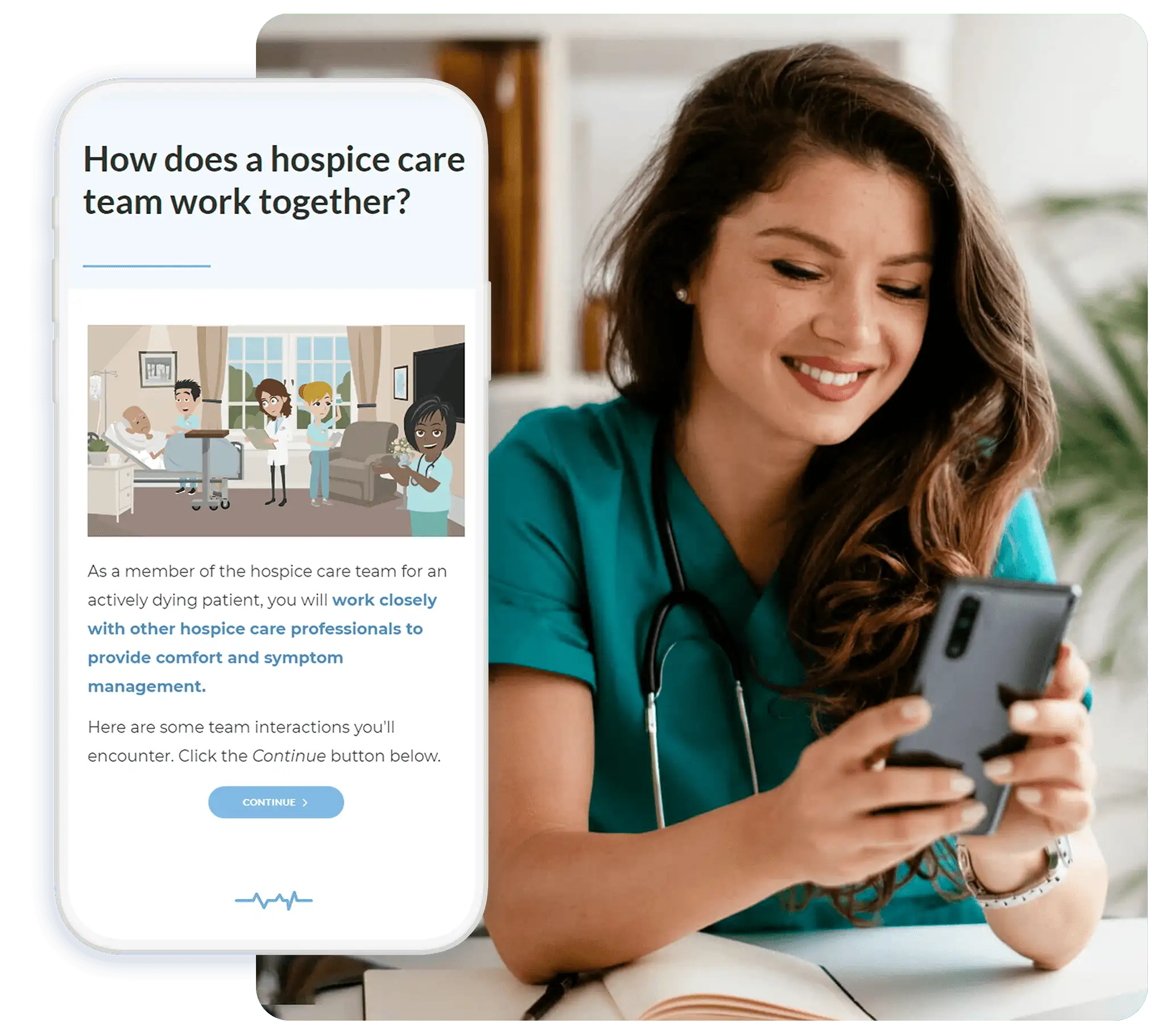
CONTINUA LEARNING
Simplify Your Agency's Compliance Training and Skill Building
A complete solution: more than 350 courses, 500+ CEUs, caregiver in-services, training plans, and more.
Do Be Respectful And Kind To Your Patients
As a home health aide, it is crucial to be respectful and kind to your patients. Remember, you are caring for them in their own home, and treating them with dignity is essential. Practice patience and courtesy to make your patients feel comfortable, and create a positive atmosphere for both you and them.
When working as a certified home health aide, aim to provide excellent patient education in a friendly and helpful manner. This includes:
- Answering questions about care plans
- Explaining medications
Being respectful does not mean being passive. Prioritize the safety of your clients by:
- Following the care plan and agency procedures
- Taking necessary actions, even if the patient protests
If there’s a conflict between the patient and the care plan, consult your managers. Always remember that your role is to assist, not judge or criticize your clients. Keep in mind that patients with Alzheimer’s disease may require extra patience.
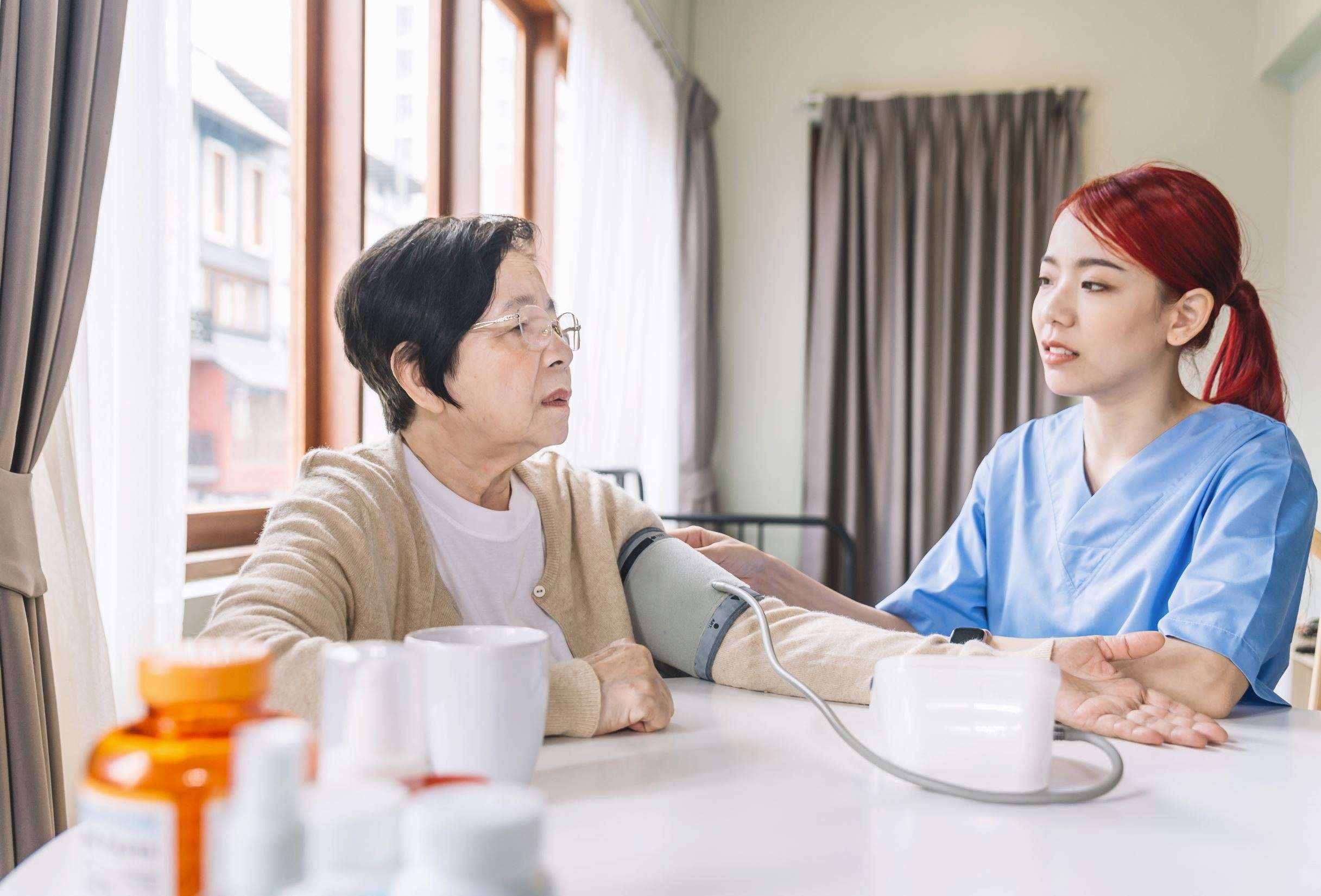
Do Communicate Effectively With Your Coworkers And Managers.
Home health aides should always strive to communicate effectively with coworkers, such as registered nurses and managers. Here are three tips for effective communication:
- Listen carefully to instructions from your supervisors and ask questions if something needs clarification.
- Respect the opinions of others, even if they differ from yours.
- Be open and honest in all conversations about the job duties or work environment.
Talking openly with your team, as well and the patient’s family members, will help ensure everyone is on the same page regarding patient needs, safety protocols, and other aspects of patient care.
Good communication between staff members can prevent mistakes, ensuring the patient always receives top-notch care within their home. Understanding one another also helps create a supportive working environment where everyone works together harmoniously towards a common goal – the best possible care for your patients!
Lastly, effective communication must always adhere to home health education standards and your state’s compliance requirements.
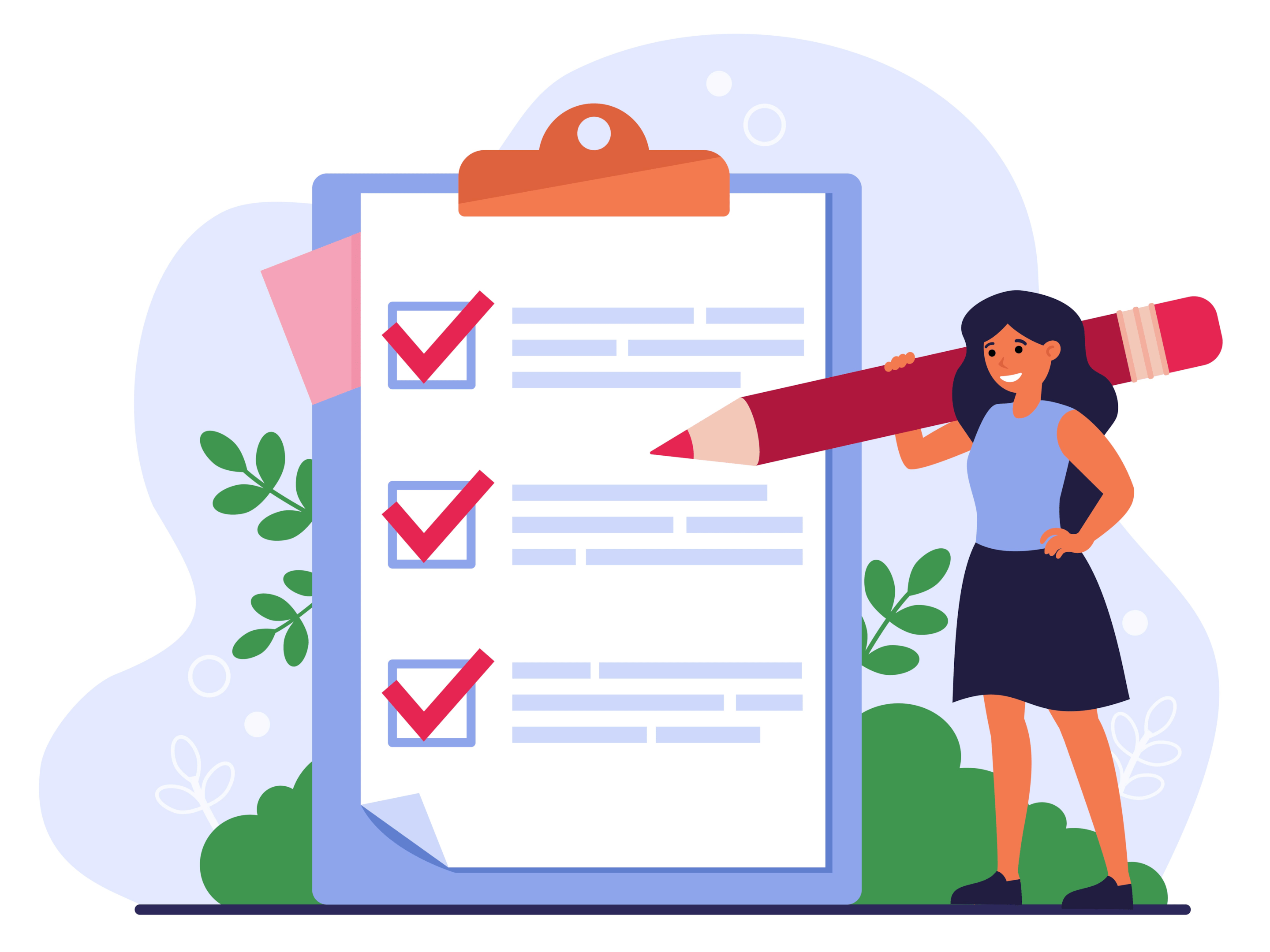
Do Show Up On Time, Complete All Assigned Tasks And Keep The Patient’s Living Space Clean.
It’s easy to get overwhelmed as a home health aide, but it is essential to show up on time. Showing up on time demonstrates respect for your patient and job role. In addition, you’ll need to complete all assigned tasks, such as keeping your patient’s living space clean and organized, meal preparation, and doing some light housekeeping.
Your managers should define what duties are expected of you around the patient’s home. If you’re unsure, ask for clarification and a clearly defined plan. Keeping up with these details will ensure your patients feel safe and cared for.
Do Report All Changes in Your Patient’s Health Status
Always keep an eye on your patient’s well-being and health. If you notice any changes in their condition, promptly inform their primary care physician or attending nurse. These changes can include:
- Rapid weight gain or loss
- Fluctuations in vital signs
- Breathing difficulties
- Disorientation or confusion
- Sudden pain or discomfort
- Infections
Reporting these changes can help prevent further complications and provide better care for the patient.
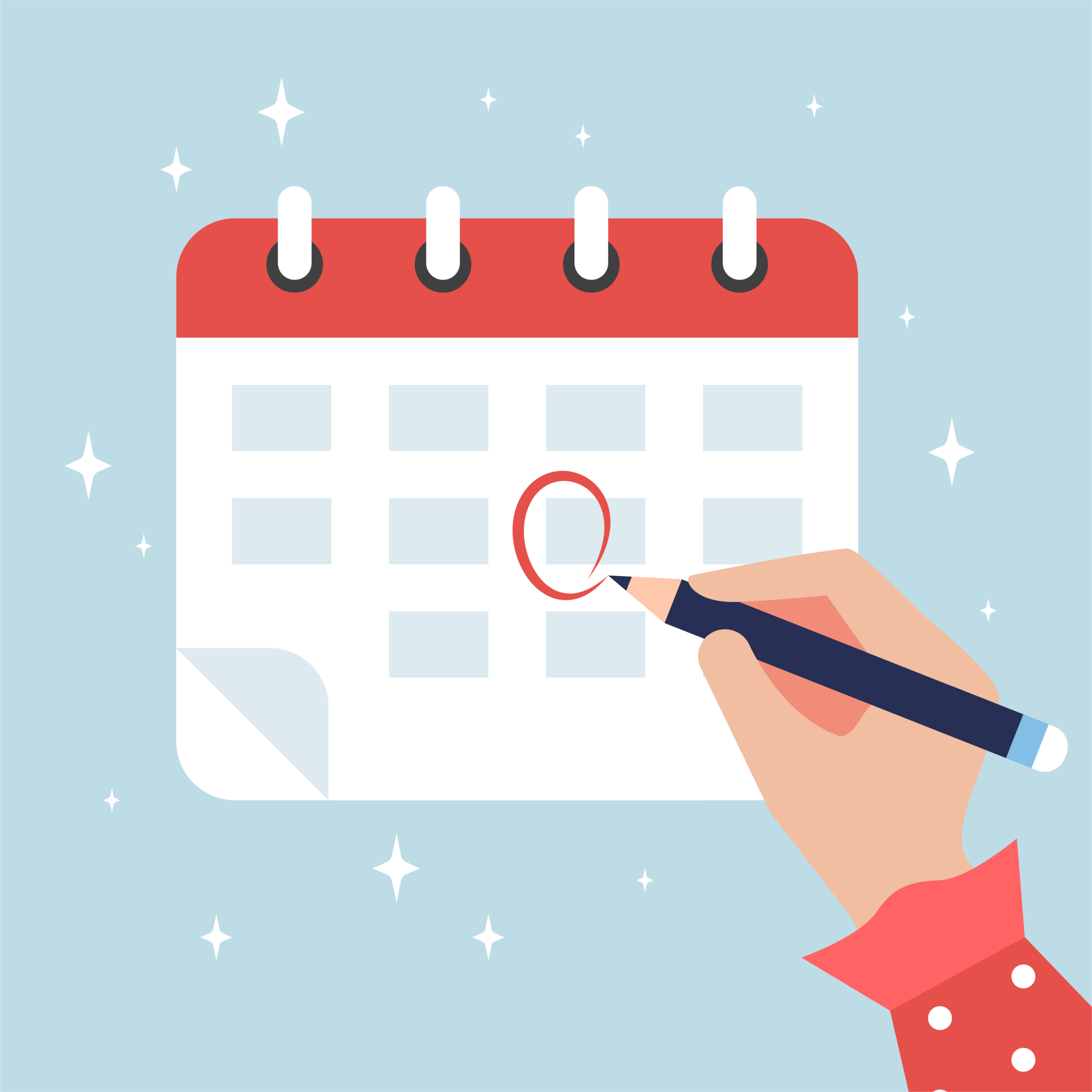
Do – Make Sure To Keep Your Physical And In-Services Up To Date.
Knowledge is power, especially for home health aides and personal care aides. To stay sharp professionally and maintain best practices with clients, it’s crucial to keep up with the following:
- Physicals and in-services: Regularly update your physical examinations and attend all required in-service training sessions.
- Vaccines: Make sure your vaccines are current to protect both you and your clients.
- Meetings and webinars: Attend all necessary meetings or webinars to stay informed about industry updates and best practices.
- Online home health training and skillset-related programs: Complete these programs to enhance your skills and expertise in your field.
Use your calendar or phone to set reminders for important tasks and to avoid letting your certification lapse. This will give you peace of mind and contribute positively to your mental health. Staying on top of your certifications and training puts you in a position to focus on providing the best care possible to your clients.
Home Health Aide Don’ts
Don’t Smoke, Use Profanity Or Wear Strong Perfume.
Lighting up a cigarette while on the job as a home health aide may be tempting, but smoking is an absolute no-no. It is terrible for your health and could negatively affect those you care for. Additionally, using profanity or wearing strong perfume are not allowed either.
Here are four things to keep in mind when working with patients:
- Don’t smoke
- Avoid using profanity
- Refrain from wearing fragrances
- Don’t wear flashy jewelry
When providing care to someone else, you must always show them respect and ensure their needs come first.

Don’t Use Patient’s Medication Or Accept Money Their Money
It’s important to remember not to use a patient’s medication or accept their money. It is against the law and considered stealing. Not only that, it could put your job in jeopardy and damage your reputation as a home health aide. Any unauthorized actions can lead to severe consequences.
Always be mindful of what you do with medications and finances when working with patients. When handling a patient’s money or medication, always manage them carefully and responsibly. Ensure all transactions are appropriately documented.
Don’t Discuss Your Patients Medical Information With Anyone Outside The Workplace
Always keep patient information confidential
As a home health aide, you are responsible for safeguarding your patients’ medical details. Do not disclose any information to individuals outside your work environment, as discussing personal data without consent can be distressing for patients.
Refrain from sharing stories about patients
Talking about your experiences with patients might be tempting, but doing so could have serious repercussions for you and the people you care for. Maintaining trust and professionalism is essential in your role.
Safeguard your patients’ data
It is crucial to be diligent when protecting your patients’ information. By valuing the sensitive nature of your job, you help ensure their privacy is preserved.
Contribute to a high standard of care
By putting privacy first and taking the necessary steps to protect it, you deliver top-notch patient care and foster a dependable environment.
To sum it up, as a home health aide, it’s essential to value patient privacy, avoid sharing stories, safeguard sensitive information, and contribute to a high standard of care. These principles help build trust and create a positive experience for everyone involved.
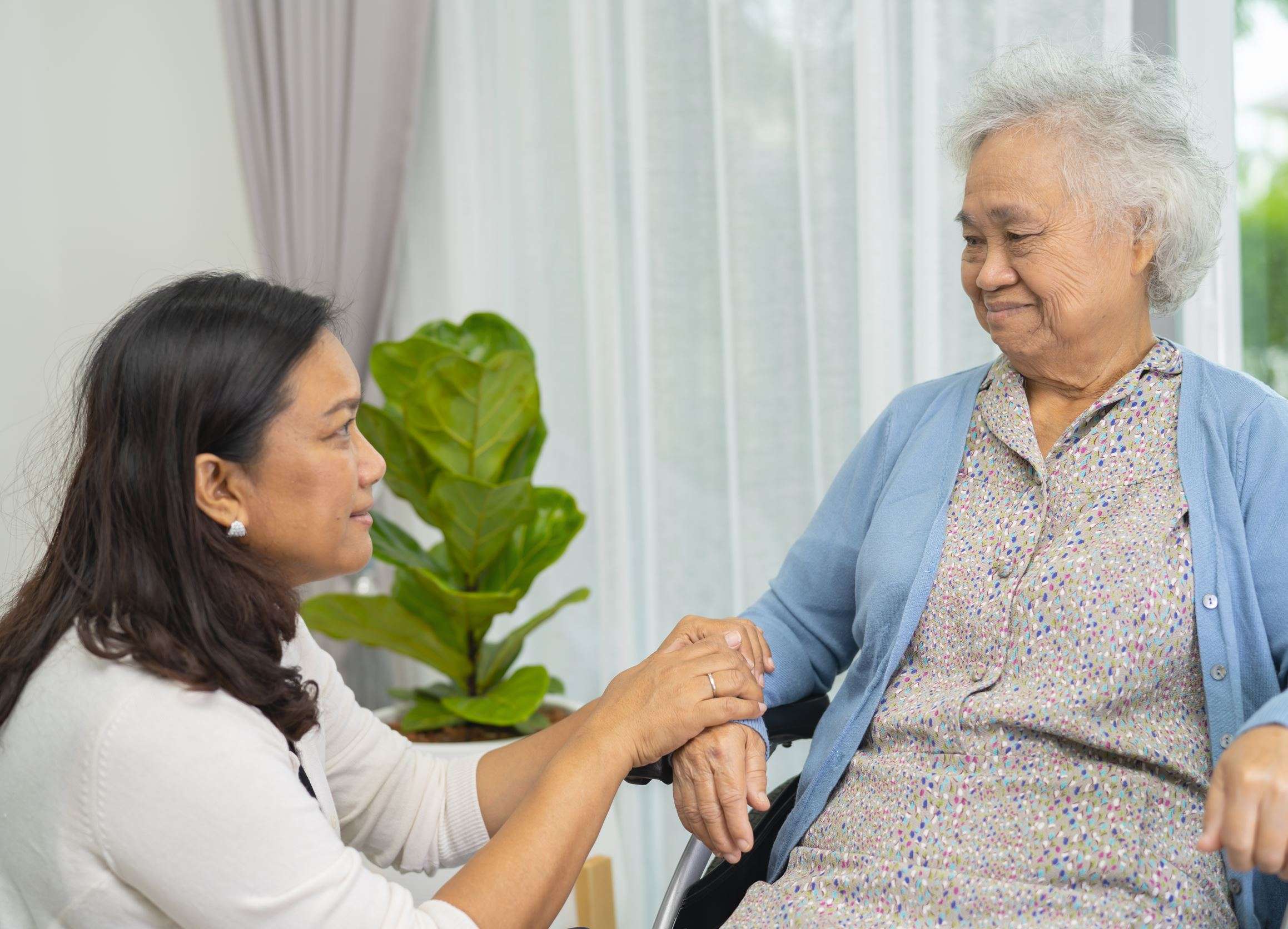
Don’t Neglect Your Duties As A Home Health Aide
It’s important to remember that as a home health aide, you have an essential job. You must always be professional and reliable. Here are some things to focus on:
- You should never neglect or ignore any of the duties that your agency has directed.
- Make sure all paperwork is completed accurately and submitted on time.
- Keep the patient’s environment clean and safe at all times.
Quality service is essential to do well as a home health aide. Remember: Your main goal is to help improve the quality of life for those who rely on your services – so take pride in what you do!
Conclusion
Becoming a home health aide is a great way to impact people’s lives. Home Health Aides provide essential services for those who need extra assistance due to age or illness.
When providing care as a home health aide, you must keep patients comfortable by understanding their needs and communicating effectively. Strong relationships with colleagues will also lead to the best possible care.
Overall, being a home health aide is rewarding and challenging at times but ultimately very fulfilling. We hope this article has given some insight into becoming a successful home health aide.
Frequently Asked Questions
What are the Duties of a Home Caregiver?
Home caregivers, or home health aides (HHAs), are vital in assisting with daily activities, ensuring medication compliance, and providing essential emotional support to patients.
Can a Home Health Aide Administer Medication?
The ability of a home health aide to administer medication depends on state regulations and their specific training and certification. Generally, HHAs are not permitted to administer medications but can remind patients to take their meds.
What Does a Home Health Aide Duties Checklist Include?
A typical home health aide duties checklist includes:
- Personal care assistance.
- Monitoring vital signs.
- Helping with mobility.
- Ensuring the patient’s safe and comfortable environment.
How Do I Get Trained As A Home Health Aide?
The first step is researching available courses and programs. Many organizations offer online home health aide training programs specifically designed for those interested in becoming certified.
What Kind Of Certification Do I Need To Become A Home Health Aide?
Becoming a home health aide is an important job requiring certification. Check with your state for the specific training and certification requirements. Review this article for a detailed breakdown.
What Is The Average Salary For A Home Health Aide?
The average wage for a Home Health Aide depends on several factors, such as experience and location. Also keep in mind that salaries varying between personal care aides, caregivers, CNAs and HHAs. Generally speaking, though, aides usually make between $10-$20 per hour:
- Experienced HHA’s tend to make closer to $20/hr
- Annual salaries are the $25-$35 per year range.
- Those with less experience are more likely to receive around $10/hr
- Location is another factor – wages may vary based on where in the country you live.

